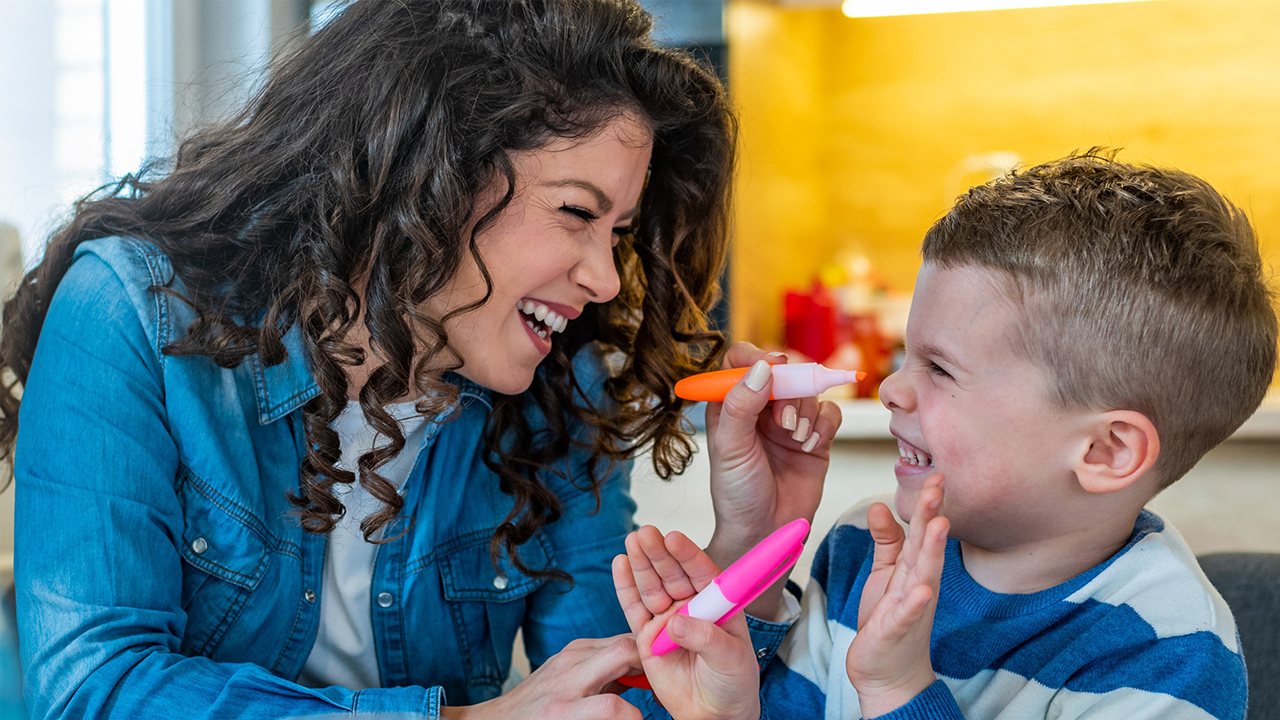ADHD is the acronym for Attention Deficit Hyperactivity Disorder. It is one of the most commo mental health conditions. An individual suffering from ADHD has differences in brain development and brain activity that affect attention, the ability to sit still, and self-control. ADHD can affect children of any age.
The highest prevalence is found in ages 9 (at 26.4%) and 10 (at 25%). Further, the study showed that more males (66.7%) were found to have ADHD. Children having ADHD have slow developmental milestones as compared to normal children. They take extra time to pay attention, listen, and follow directions. These kids show all these signs -
Hyperactive – They are restless and easily bored. They find it hard to sit still. They may act in a disruptive manner. They may act unwanted. Their act is most of the time destructive.
Inattentive – They have trouble paying attention. Their concentration power is very low. They are not proactive in what is said. They are unable to follow directions properly and may miss important details. They may lose track of their things.
Impulsive – Their actions are too fast and often they are without their mind. First, they act and think afterward. They may act risky. Their actions may get too intense at times. Nature is very destroying. They do things without thinking about the consequences.
Causes of ADHD – The reason is still not known yet. Certain studies revealed that ADHD is mostly inherited. Kids who have someone in their family with ADHD are more likely to develop it. The risk of developing ADHD increases in case if the kid is born before time is exposed to environmental toxins, or if their mothers have used drugs during pregnancy.
How to know if your child is having ADHD?
If you have even little doubt that your child has ADHD, do consult the doctors as early as possible. The doctor might ask about the child’s health, behavior, and regular activity. The doctor might check the child on his checklist
- Whether the child has trouble paying attention, hyperactivity or impulsivity.
- The ADHD behavior has continued for a long time.
- The behavior affects the child in school as well at home.
- Any other underlying medical issue if at all is present.
Role of parents in helping the child battling ADHD
Parents can be of great help for an ADHD child. They are really useful in converting treatment into favorable outcomes.
Get involved – Get fully involved in the treatment process of your child battling ADHD. Your presence and input can change or speed up the therapy program customized as per your healthcare provider.
Medicines timely – Keep medicines in a safe and secure place. Always give medicine at the right dosage at the right time.
Love and affection – Your love and affection might prove to be a strength for your child’s development. Try all parenting approaches that are best suited for your child. Focus on the child’s positive qualities and try sharpening them more.
Join different groups and awareness centers – Through these centers, you may get updates on treatment and any recent developments and findings.
(Disclaimer: The content on this site is for informational purposes only, and should not be taken as professional medical advice. Always seek the guidance of your doctor or other health professionals for any questions you may have regarding your health or a medical condition.)

 ADHD is one of the most common mental health conditions affecting children. Parents can play a vital role in assisting them throughout their treatment or management of the condition. Parent involvement can be an asset for the child in overcoming the condition.
ADHD is one of the most common mental health conditions affecting children. Parents can play a vital role in assisting them throughout their treatment or management of the condition. Parent involvement can be an asset for the child in overcoming the condition.










.jpeg)




.jpeg)

.jpg)













